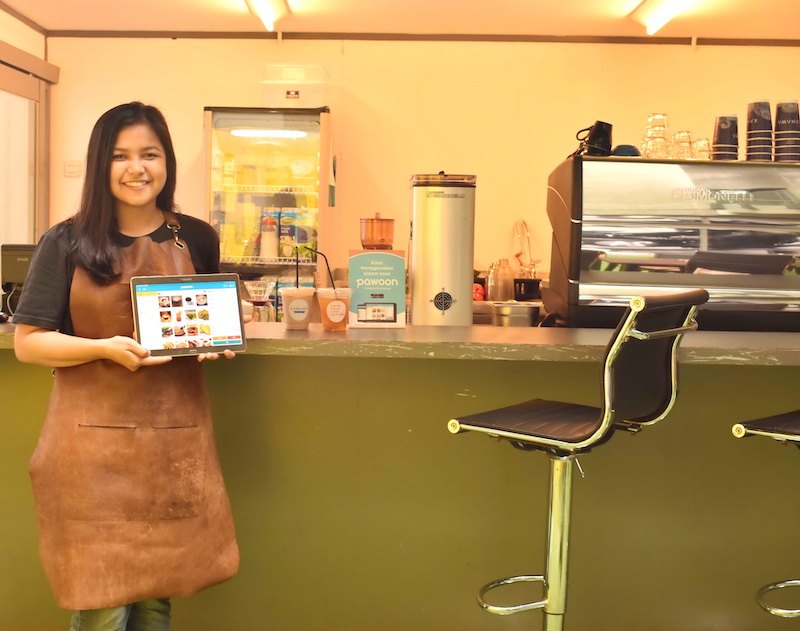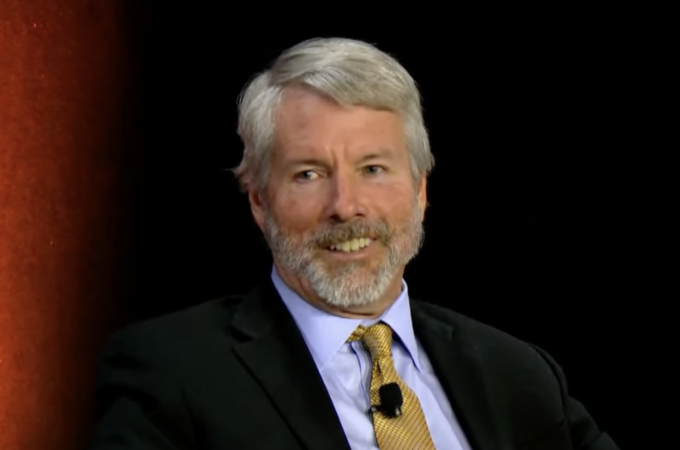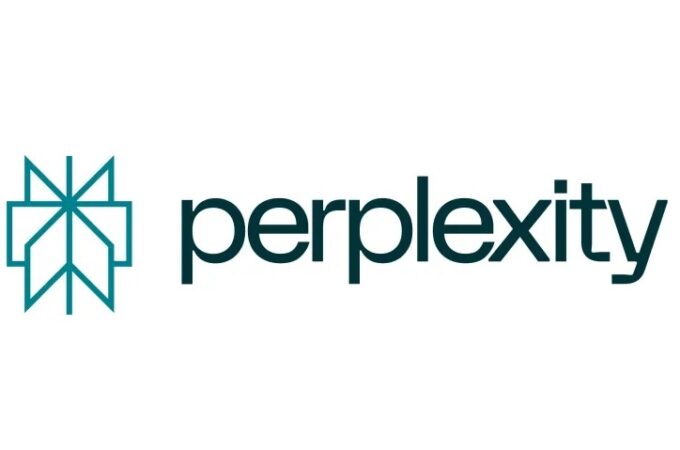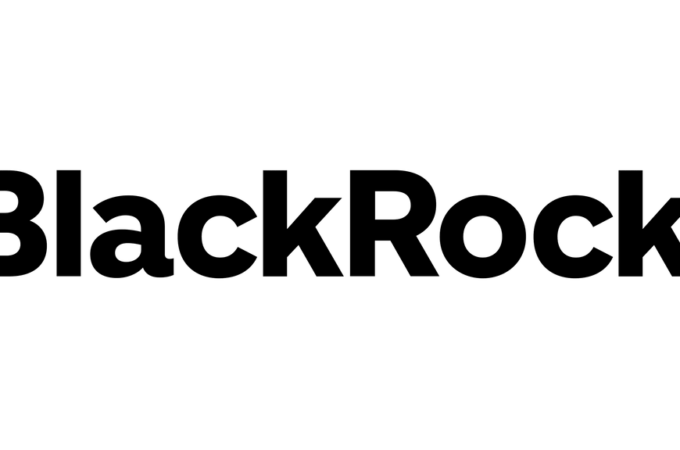
Indonesia’s Pawoon app for small businesses raises series A
By Nadine Freischlad for Tech in Asia,
Pawoon, one of the point-of-sales startups targeting Indonesia’s millions of small and medium businesses, has raised a series A round of funding.
The main backer in this round is Kejora Ventures. The exact amount invested wasn’t disclosed, but CEO Ahmad Gadi says it’s within the range of a regular series A investment in Indonesia. The current median deal size for this stage sits at US$3 million, according to Tech in Asia data.
Pawoon offers a software and hardware solution that businesses such as shops and restaurants can use to manage things like inventory and payment. Its software can be installed on any Android device.
“The majority of small and medium business owners in Indonesia still run their businesses traditionally by relying on pen and paper,” Pawoon CEO Ahmad Gadi says. Digitizing parts of this process can make their businesses more efficient and scalable.
See: 5 point-of-sale startups that want a piece of Indonesia’s consumption boom
Pawoon launched in the middle of 2015. Now Ahmad says it has more than 30,000 businesses registered to use its service. The majority of those are using Pawoon’s freemium plan, while some have upgraded to the paid plan.
The startup’s largest client so far is a food franchise with 200 outlets.
With fresh funding, Ahmad plans to increase spending on sales and marketing, as well as R&D to keep working on the product. The startup is also experimenting with an additional app that businesses can use to market themselves and build relationships with their customer.
With Kejora Ventures as the main investor in this round, ownership stays neatly within the family. Pawoon began its journey in the Ideabox accelerator program, which is part of Kejora. It has also previously received cash from Mountain Kejora, which was the VC’s previous fund.
Pawoon is one of several startups in this category. Some others are Moka, Olsera, and DealPOS.
Moka had raised a US$1.9 million series A round last year and another US$2 million earlier this year.




